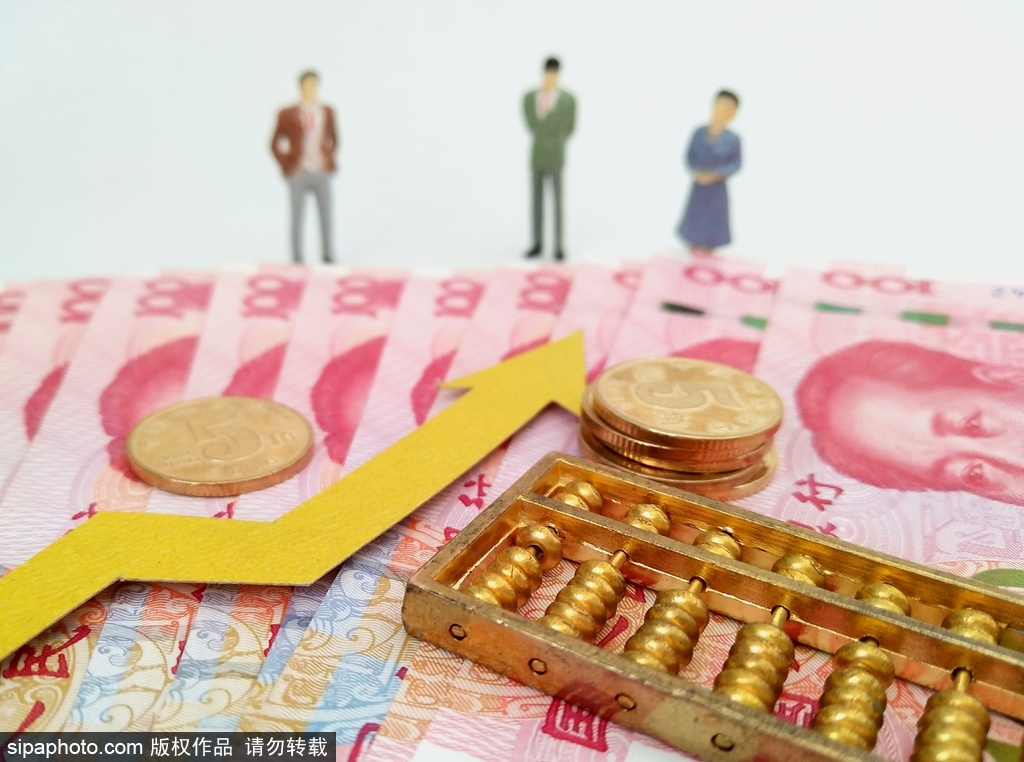China to resolutely deepen opening-up of financial sector: central bank governor

BEIJING -- China will resolutely push forward the opening-up of the country's financial industry regardless of how the international situation changes, the central bank governor told Xinhua in a recent interview.
China will continue implementing the phase-one economic and trade agreement with the United States, while measures announced to open up China's financial sector will continue, said Yi Gang, governor of the People's Bank of China.
Yi cited measures such as abolition of the investment quota limits for Qualified Foreign Institutional Investors (QFII) and Renminbi Qualified Foreign Institutional Investors (RQFII), and allowing enterprises like American Express, MasterCard and Fitch Ratings to enter China's market.
Meanwhile, China will promote a full implementation of the foreign investment administration model of pre-establishment national treatment plus negative list, and unify the foreign exchange management policies applied in the opening up of China's bond market, he added.
China will be deeply involved in global economic and financial governance, and safeguard multilateralism, he said.
The central bank governor said China will participate constructively in the G20 Debt Service Suspension Initiative and extend support to developing countries, emerging economies and low-income countries.
China will advance the internationalization of the renminbi (RMB) and capital account convertibility in a proactive and sound manner, Yi said, noting a good momentum for RMB's internationalization at the moment.
In the first half of 2020, RMB cross-border payments grew 36.7 percent year on year to reach 12.7 trillion yuan ($1.83 trillion), while RMB's share of global currency reserves was more than 2 percent in the first quarter of the year, nearly doubling its share seen in 2016 when RMB was included in the IMF's Special Drawing Rights (SDR) basket of currencies, according to him.
Yi said that the hallmark of the Chinese economy -- boasting vast potential and ample resilience -- remains unchanged, and that it is set to continue on a recovery path in the second half of the year and is expected to achieve positive growth for the full year.
In the second half, China will pursue a more flexible and appropriate monetary policy, making it more targeted, and effectively implement policies aimed at helping enterprises tide over difficulties and ensuring employment, he said.
The central bank will also use a variety of monetary policy tools to enable M2 money supply and aggregate financing to grow at notably higher rates than last year, while promoting substantial growth in inclusive loans to small and micro businesses and medium- and long-term loans to the manufacturing industry, he said.
Invest in China Copyright © 2026 China Daily All rights Reserved
京ICP备13028878号-6
 京公网安备 11010502032503号
京公网安备 11010502032503号





